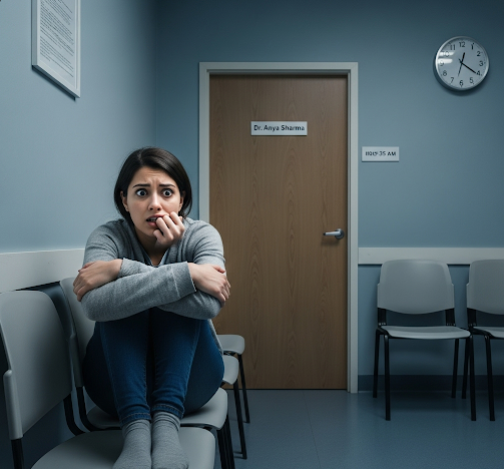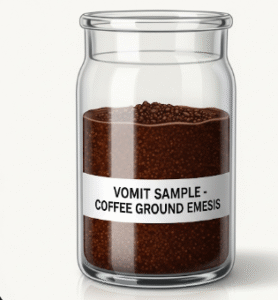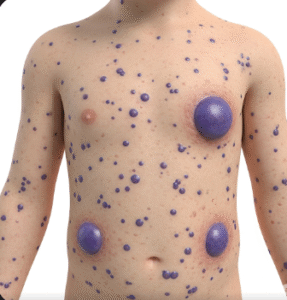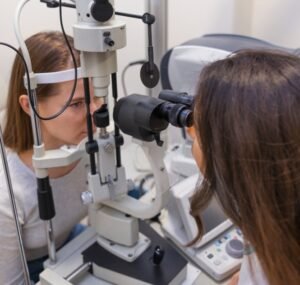Overview
Iatrophobia, or the fear of doctors and medical settings, is a type of specific phobia that causes intense anxiety or panic when thinking about, seeing, or visiting doctors. This fear can range from mild discomfort to severe avoidance, leading people to delay or refuse necessary medical care. In Korea, where regular health checkups and preventive screenings are common, untreated iatrophobia can pose significant risks to health by preventing early detection and treatment of diseases. Korean mental health clinics and hospitals offer a combination of counseling, psychotherapy, and gradual exposure techniques to help individuals overcome this fear.
What is Iatrophobia?
Iatrophobia is classified as an anxiety disorder, specifically a specific phobia, in which the individual experiences overwhelming fear related to doctors, hospitals, or medical procedures. The fear is often disproportionate to the actual risk and can be triggered by past negative experiences, fear of bad news, or a general discomfort with medical environments.
Symptoms
- Intense anxiety or panic attacks before or during medical visits
- Avoidance of scheduling or attending doctor appointments
- Sweating, rapid heartbeat, or shortness of breath when thinking about doctors
- Nausea or dizziness in medical settings
- Feelings of dread or impending doom before medical examinations
- Difficulty concentrating or speaking during a consultation
Causes
- Past traumatic medical experiences (e.g., painful treatments, misdiagnosis)
- Fear of bad news (health anxiety)
- Negative stories or media portrayals of doctors
- Childhood fear of needles or medical procedures
- Generalized anxiety disorder or other phobias
- Loss of control in medical settings
Risk Factors
- History of trauma related to healthcare
- Chronic illness requiring frequent doctor visits
- Lack of trust in the medical system
- Family members with similar fears
- Cultural stigma around illness or medical treatment
Complications
- Delayed diagnosis of serious conditions
- Worsening of treatable illnesses due to avoidance
- Increased reliance on self-diagnosis or alternative therapies without proper evaluation
- Emotional distress and reduced quality of life
Prevention
- Early psychological support after negative medical experiences
- Positive reinforcement during childhood medical visits
- Gradual, low-stress exposure to healthcare environments
- Building a trusting relationship with a compassionate doctor
- Practicing relaxation techniques before appointments
Treatment Options in Korea
Diagnosis
- Psychological evaluation by a mental health professional
- Discussion of medical history and specific triggers
- Anxiety disorder screening tests
Medical Treatments
- Short-term anti-anxiety medication for severe cases
- Beta-blockers for physical symptoms of anxiety before visits
Surgical or Advanced Therapies
(Not applicable for phobias, but may involve advanced psychotherapy methods)
Rehabilitation and Support
- Cognitive Behavioral Therapy (CBT) – The most effective treatment, focusing on changing thought patterns about doctors
- Exposure therapy – Gradual introduction to medical environments to reduce fear
- Support groups for people with healthcare-related anxiety
- Mindfulness and breathing exercises before and during medical visits
Top Hospitals or Clinics in Korea
- Seoul National University Hospital – Psychiatry Department – Specializes in treating anxiety disorders and phobias
- Yonsei Severance Hospital – Mental Health Clinic – Offers CBT and exposure therapy for medical-related fears
- Asan Medical Center – Psychiatry Division – Provides integrated mental and physical healthcare for patients with phobias
- MINDONE Psychiatric Clinic – Focused on anxiety disorders with personalized therapy plans













